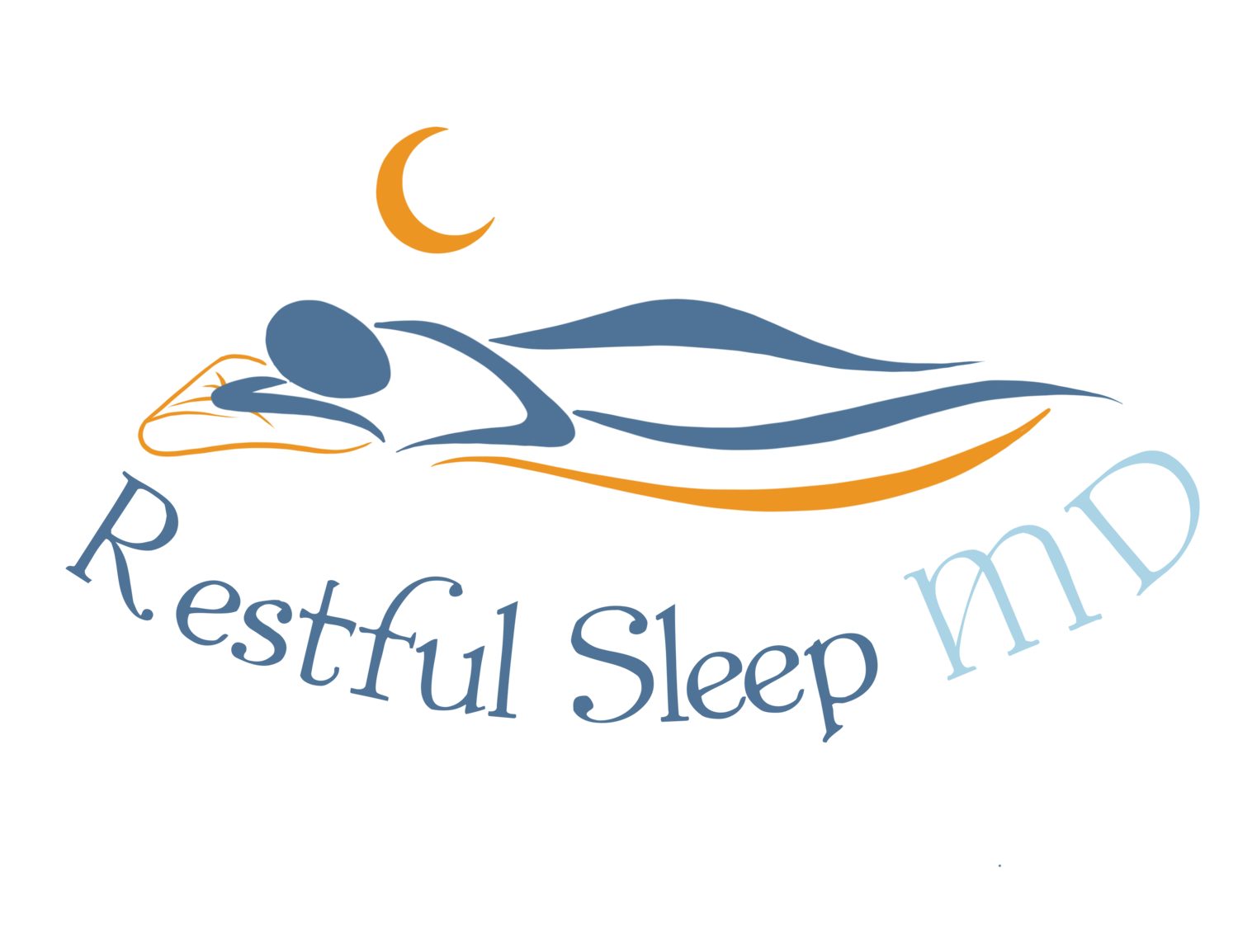Sleep Disorders Women Often Overlook: The Hidden Health Issues Keeping You Awake
Many women attribute their sleep troubles to stress or aging, but sometimes the underlying cause is a legitimate sleep disorder that requires medical attention. Here are several sleep conditions that women frequently dismiss but shouldn’t ignore.
Sleep Apnea: Despite the common belief that sleep apnea primarily affects overweight men, women experience this condition too, especially after menopause. The symptoms in women often differ from the classic loud snoring. Watch for:
Morning headaches
Daytime fatigue despite sleeping a full night
Mood changes and irritability
Waking up gasping or with a dry mouth
Insomnia or frequent nighttime wakings
Many women go undiagnosed because they experience these subtler symptoms rather than loud snoring. If you recognize these signs, discuss them with your healthcare provider.
Restless Legs Syndrome (RLS): Women are twice as likely as men to experience RLS, yet many dismiss it as normal nighttime discomfort. This condition causes an irresistible urge to move your legs, particularly in the evening and at night. Pregnancy and iron deficiency can trigger or worsen symptoms. RLS isn’t just annoying – it can significantly impact your sleep quality and overall health.
Insomnia: The hormonal fluctuations during your cycle can cause insomnia, excessive daytime sleepiness, and vivid dreams. What may start as mind racing at bedtime can become a spiral of tossing and turning, difficulties falling asleep or staying asleep. If you are experiencing these, it is time to keep a close track on your sleep habits and speak to your doctor about treatment options.
Shift Work Sleep Disorder: Women in healthcare, service industries, and other shift-based work environments often struggle with their sleep-wake cycle. This isn’t just “adjustment difficulty” – it’s a recognized disorder that can lead to serious health complications if left unaddressed. Symptoms include:
Excessive sleepiness during work hours
Insomnia when trying to sleep
Difficulty concentrating
Mood changes
Digestive problems
Sleep-Related Eating Disorder: This lesser-known condition predominantly affects women. People with this disorder eat while partially asleep, often with no memory of doing so. It’s more than just midnight snacking – it can be dangerous due to potential injuries from cooking while not fully conscious or consuming inappropriate items.
Poor sleep can contribute to poor mental health while not primarily sleep disorders, depression and anxiety significantly impact sleep patterns. Women are more likely to experience both conditions, and their sleep symptoms often manifest differently than men’s. Instead of just sleeping too much or too little, women might experience:
Early morning wakening
Difficulty falling back asleep after nighttime awakening
Excessive worrying about sleep
Daytime fatigue without feeling sleepy
How to Address Menopause-Related Sleep Symptoms
If you recognize any of these patterns, remember:
These conditions are real medical issues, not personal failings
Proper diagnosis often requires a sleep study or medical evaluation
Treatment options exist and can significantly improve your quality of life
Many of these conditions worsen over time if left untreated
When to Seek Help
Consider consulting a sleep specialist if you experience:
Persistent daytime fatigue despite adequate sleep time
Regular difficulty falling or staying asleep
Unusual behaviors during sleep
Sleep problems that affect your daily functioning
Mood changes related to poor sleep
Your sleep matters, and these disorders are more common than you might think. Don’t dismiss ongoing sleep issues as “just part of being a woman” or “just getting older”. Proper diagnosis and treatment can dramatically improve both your sleep quality and overall health.



